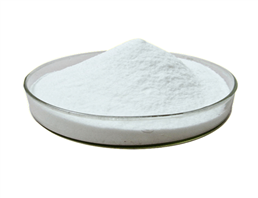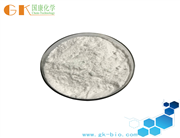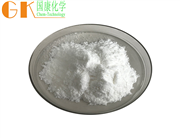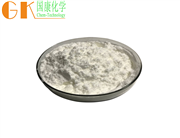1. It can improve the energy metabolism process of myocardial cells, inhibit carnitine dependent fatty acid oxidation, strengthen intracellular glucose metabolism, provide energy to tissues through anaerobic digestion, and improve the symptoms of myocardial ischemia and hypoxia. It can be combined with other drugs (such as vasodilators, diuretics, etc.) for the treatment of ischemic heart disease.
2. Mildrohydrazide can promote the redistribution of blood in the heart and cerebral ischemic areas, and is used in the treatment of various acute and chronic cerebral blood supply disorders.
3. By improving the process of fat metabolism, the drug can improve people's working ability and relieve psychological and physiological stress syndrome. Athletes taking the drug in the process of training and competition can improve sports performance.
4. In addition, the drug can also improve the retinal vascular disease caused by malnutrition.
5. Membrane protection: myocardial ischemia causes tension reaction of myocardial cells, increases the decomposition of fatty acids in mitochondria, accumulates metabolites of fatty acids in cells, destroys cell membrane devices, and increases intracellular Ca +.
6. Energy optimization: medroxide can reduce the accumulation of long-chain acyl carnitine, thus inhibiting carnitine dependent fatty acid oxidation, transforming the energy metabolism of hypoxic myocardium from fatty acid oxidation to more favorable glucose oxidation, that is, promoting anaerobic oxidation of glycolysis pathway. Therefore, this product has anti hypoxia effect and cardiac protective activity.
7. Effects on energy metabolizing enzymes: mildrohydrazide can also prevent isoproterenol induced enhancement of blood lactate dehydrogenase (myocardial specific isoenzyme) liver alloactivity, and prevent the increase of creatine phosphokinase activity.
8. Effect on carnitine excretion: other studies have shown that in addition to competitively inhibiting butyrate betaine hydroxylase and blocking the biosynthesis of carnitine in vivo, mildrohydrazine also competitively affects the reabsorption of carnitine in kidney.
9. Protection of ischemic heart: in the ischemic area of myocardium, the blocked lad not only reduces ATP, ADP and muscle phosphate at tissue level, but also increases amp and lactate at tissue level, reducing the value of energy charge potential. The results showed that mildrohydrazide could inhibit the growth of fatty acids β- Oxidation is beneficial to the energy metabolism of ischemic myocardium.





 China
China

